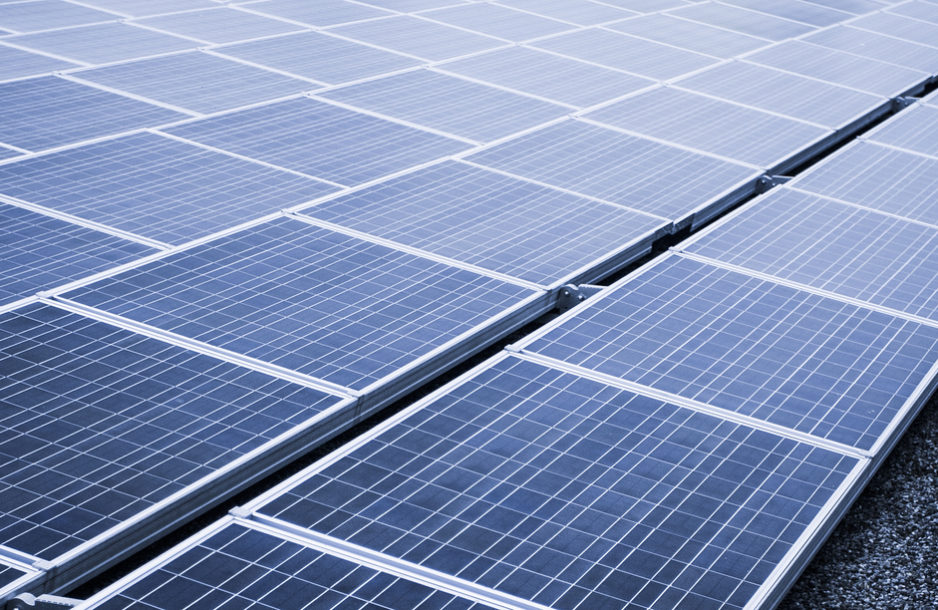Jeffrey Ball

- Scholar-in-Residence
- Room 364, Crown Quadrangle
Expertise
- Climate Change Law & Policy
Biography
Jeffrey Ball, a writer whose work focuses on energy and the environment, is scholar-in-residence at Stanford’s Steyer-Taylor Center for Energy Policy and Finance and a lecturer at Stanford Law School.
Ball’s writing has appeared in Fortune, Texas Monthly, the New Republic, Foreign Affairs, The Atlantic, The Wall Street Journal, The New York Times, and Slate, among other publications.
At the center, a joint initiative of Stanford’s law and business schools, Ball heads a project assessing the environmental implications of clean-energy investment by China, the world’s largest carbon emitter, coal burner, and renewable-energy producer. The research currently focuses on assessing how China’s foreign-infrastructure financing is shaping global carbon emissions – and on mapping the players and illuminating the motives behind that investment. It previously focused, through an examination of the global solar-energy industry, on how China and the United States might deploy cleaner energy more economically efficiently if each played to its strengths.
Ball also is a nonresident senior fellow at the Brookings Institution. In that capacity, he is affiliated with the Cross-Brookings Initiative on Energy and Climate.
And he is an affiliated instructor in Stanford’s Emmett Interdisciplinary Program in Environment and Resources.
Ball was the primary author of a Stanford report based on the clean-energy comparative-advantage research. That report, The New Solar System, was released in March 2017 and lays out a strategy to boost solar energy to a level that would contribute meaningfully to global carbon reductions. The New Solar System illuminates little-understood changes in the Chinese solar industry, the world’s largest, and analyzes the implications for the rise of affordable solar power in the U.S. and the world. It argues that the U.S. needs to restructure its solar policies to make them more economically efficient – including adopting a more-nuanced approach to China.
Ball came to Stanford in 2011 from The Wall Street Journal, where he was the paper’s environment editor and before that was a columnist and reporter focusing on energy and the environment. At The Journal, he covered the automotive industry from the paper’s Detroit bureau, the oil and broader energy industries from the Dallas bureau, and efforts internationally to address climate change as a strategic business issue. He has reported from five continents and more than 15 countries.
In 2019, Ball won a New York Press Club Award for Journalism and was named a finalist for a Gerald Loeb Award for Distinguished Business and Financial Journalism for “Lone Star Rising,” a 2018 long-form story he wrote in Fortune on how a renewed oil boom in West Texas’ iconic Permian Basin is reshaping both the region and the global energy system.
In 2015, he won the Society of American Business Editors and Writers’ top energy-writing prize in 2015 for a story he wrote in Fortune about Mexico’s energy reform. He contributes commentary about energy issues on WSJ.com as a member of “The Experts,” a Wall Street Journal panel. He speaks frequently about energy and the environment, including at colleges as a Council of Independent Colleges Visiting Fellow.
He and his wife are resident fellows of Roble Hall, Stanford’s largest four-class undergraduate house, where he launched and directs the Roble Living Laboratory for Sustainability at Stanford, an initiative that encourages students to wrestle daily with the possibilities and difficulties of living more sustainably. Ball graduated from Yale University, where he was editor-in-chief of the Yale Daily News.
Related Organizations
Policy Practicums
Key Works
Projects


Related Organizations Steyer-Taylor Center for Energy Policy and Finance Related People Jeffrey Ball The Stanford Steyer-Taylor Center for Energy Policy…
Learn moreNews
How Is Fossil Fuel Infrastructure Still Getting Financed In Developing Nations?
The Climate Pod
This week, we talk to Jeffrey Ball, who lead the recent study "Hot money: Illuminating the financing of high-carbon infrastructure in the developing world." In this conversation, we ask: if renewables are so cheap, why is fossil fuel infrastructure still being built in the developing world? Ball helps us understand what…
Read More


